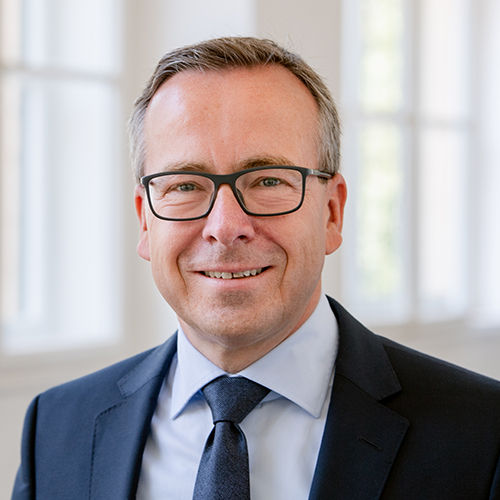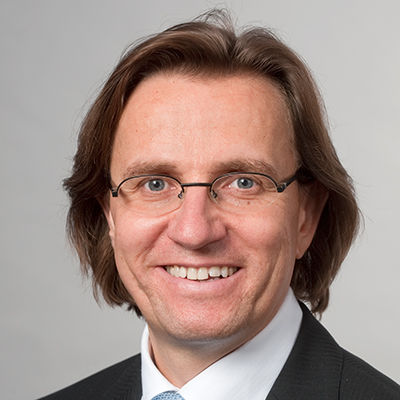
Sustainable management for future leaders

Sustainability as key priority
At the TUM School of Management, we face the opportunities and challenges of a rapidly changing world and conduct research and teaching with impact on grand societal challenges and sustainable development.
As reflected in our mission, we put emphasis on raising the level of awareness regarding responsible management, ethics and sustainability among our students and faculty.
Research that contributes to finding solutions to grand societal challenges is a key aspect of our mission and vision. To follow this mission, we increasingly engage in interdisciplinary research projects, capturing different departments within the school and/or departments of other TUM schools and tackle the 17 UN sustainable development goals (SDGs).
We will train our students to meet the challenges arising from the digital transformation and raise awareness of issues related to sustainable development. We will use the opportunities offered by digitization for our research, teaching and learning.
United Nations Sustainable Development Goals
With the adoption of the 2030 Agenda for Sustainable Development on September 25, 2015, at the UN summit in New York, UN member nations decided on a pact on the world’s future. The 17 UN sustainable development goals in the agenda link the principle of sustainability with economic, ecological, and social development. The goals address all countries in the international community and are leading objective for our academic institution.

Focal principles
- SDG 7: Affordable and Clean Energy
- SDG 11: Sustainable Cities and Communities
- SDG 12: Responsible Consumption & Production
- SDG 13: Climate Action
- SDG 5: Gender Equality
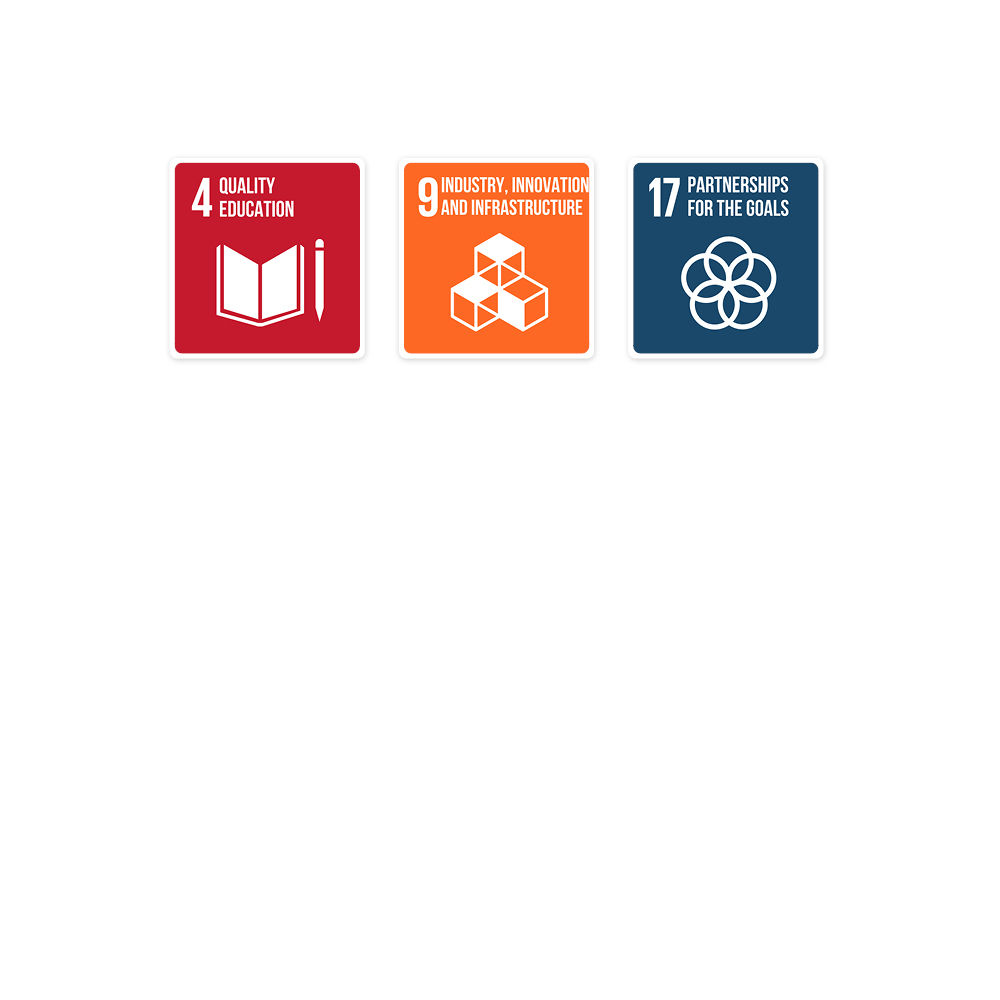
Basic principles
- SDG 4: Quality Education
- SDG 9: Industry, Innovation and Infrastructure
- SDG 17: Partnerships for the Goals

Other sustainability principles
- SDG 1: No Poverty
- SDG 2: Zero Hunger
- SDG 3: Good Health and Well-Being
- SDG 6: Clean Water and Sanitation
- SDG 8: Decent Work and Economic Growth
- SDG 10: Reduced inequalities
- SDG 14: Life below Water
- SDG 15: Life on Land
- SDG 16: Peace, Justice and Strong Institutions
PRME
Principles for Responsible Management Education’ (PRME) – a global movement transforming business and management education through research and leadership
Founded in 2007, the Principles for Responsible Management Education (PRME) is a platform which brings educational sustainability to schools around the world. The United Nations-supported initiative leads the vision to create a global movement and drive thought leadership on responsible management education to advance sustainable development. To accomplish this, PRME has engaged over 800 business and management schools worldwide – TUM School of Management being one of them.

Teaching
Education plays a central role in addressing the contemporary problems we face at a societal, economic, and environmental level.
Our close relationship with TUM’s technical and engineering subjects provides natural and fruitful connections, which are reflected in most of our programs. For example, the establishment of the TUM campus in Straubing for Biotechnology and Sustainability led to the introduction of two new programs: The Bachelor in Management & Sustainablity and the Master in Management & Sustainablity.
But also the other programs offer sustainable courses which you can find here.
Three examples of teaching modules addressing sustainability:
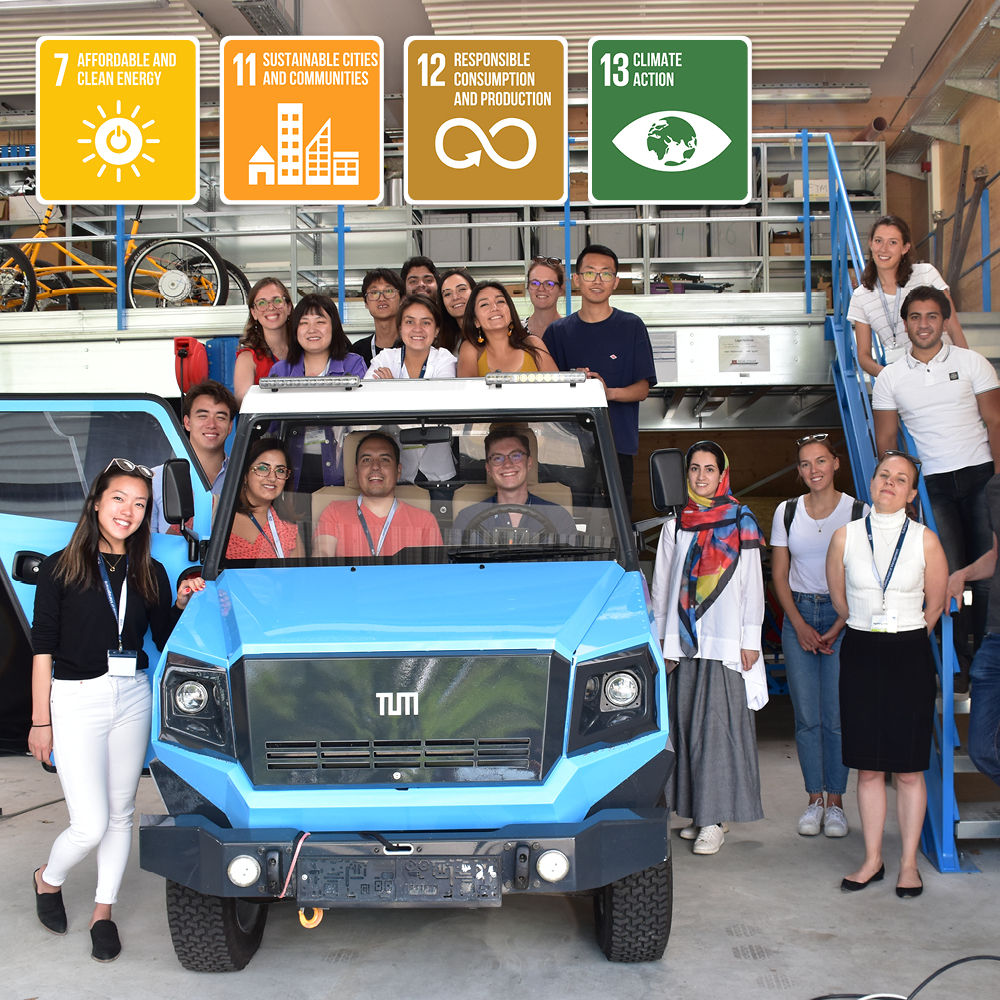
Sustainable Entrepreneurship – Getting Started
In this seminar, we invite Master's students to make a difference and tackle the grand societal challenges, such as clean and affordable energy for all by 2030. We present the UN Sustainable Development Goals by 2030 and have the students work in teams. Each team has to identify a grand societal challenge and turn it into a business opportunity through sustainable entrepreneurship. We explain the sustainable business model canvas as a tool for the teams to explore their own ideas and work through a stepwise approach. To inspire students, founders, and cofounders of sustainable ventures to present their sustainable business models in guest lectures. At the end of the seminar, each student team presents the sustainable business model that they have developed and submits a written seminar paper. Notable sustainable business models developed by our students in 2019/20 include: Cnergy – a crowdfunding platform for sustainable energy in the Global South; The Locals – an innovative platform promoting sustainable online purchases; and Out of The Box – providing sustainable solutions for the take-out market in Germany.
- Master in Consumer Affairs
- Master in Consumer Science
- Master in Management
- Master in Management & Technology
- Master Sustainable Resource Management
Prof. Dr. Frank-Martin Belz
Esther Salvi
Chair of Corporate Sustainability

Foundations of Ethical Business
The field of "business ethics" deals with the norms by which conditions and decisions can be justified and put into practice. This module gives students a profound knowledge of normative ethical theories. It makes them aware of the norms in business-related decisions that go beyond a purely economic rationale. Discussions about stakeholders – as opposed to shareholders – are facilitated. The concept of corporate social responsibility is also introduced, stressing organizations' engagement in (and reporting on) ethically-oriented practices. In addition to learning about theory, students discuss two case studies, where they apply their theoretical knowledge to current problems (for example, ethics in the digital age, ethical considerations regarding bio-hacking).
Bachelor in Management & Technology
(TUM Campus Straubing)
Prof. Dr. Claudia Doblinger
Professorship for Innovation and
Technology Management
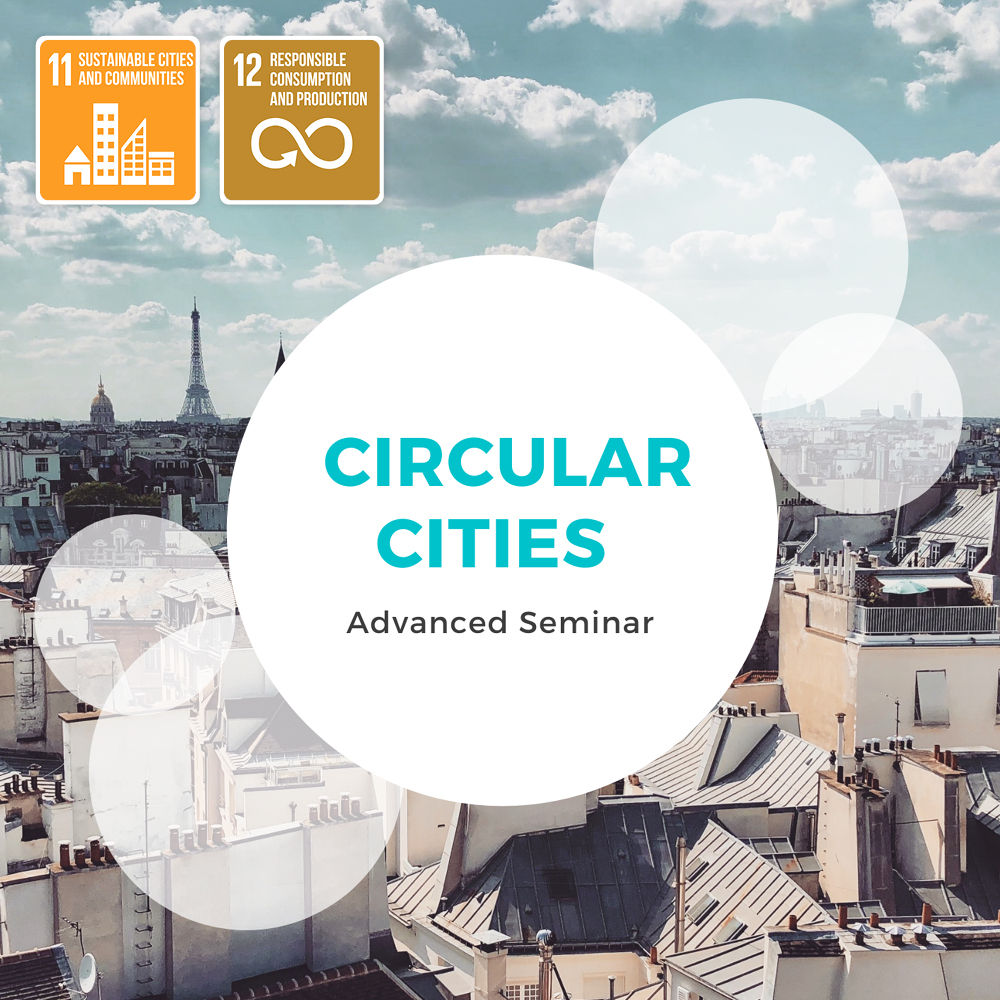
Circular Economy/Sustainability Management: Circular Cities
This seminar is dedicated to the implementation of a circular economy in cities. Students explore the challenges, potential, and enablers of a circular economy in urban areas. We focus on current trends, future projections, and initiatives for tackling the challenges of cities as they strive to achieve more sustainable development. By 2050, two-thirds of the world's population will live in urban areas. Cities account for 75 percent of the Earth's resource consumption, produce half of all global waste and are responsible for the majority of greenhouse gas emissions. Today's cities follow a linear take-make-waste economy. The concept of a circular economy rethinks our current production and consumption patterns. Circular cities aim to create new business opportunities, close resource loops, and manage resource and waste flows more efficiently. The vision of circular cities that we investigate in the seminar involves ways of contributing to sustainable urban development and making cities and other human settlements inclusive, safe, resilient, and sustainable.
- Master in Management
- Master in Management and Technology
- Master in Sustainable Resource Management
Prof. Dr. Magnus Fröhling
Rosina Lohmeyer, M.Sc.
Professorship for Circular Economy
Project studies
Our PRME project studies helped raise the TUM SOM's sustainability profile by creating a methodology/tool for the qualitative analysis of the sustainability content in the courses offered by the school. The main objective of this project is to qualitatively analyze the sustainability content in modules offered in the Master in Technology and Management program at the TUM SOM.

Research
At TUM School of Management, we conduct research with impact. Sustainability and sustainable development are central aspects and lie at the core of many research centers, scientific publications, and research projects. All our doctoral candidates and researchers have to follow our code of conduct as well as good scientific practices and are invited to include sustainability to various extents in their research. Moreover, scholarships and fellowships offered by the TUM School of Management promote internationalization, gender equality, and diversity as well as entrepreneurial and social initiatives. The School offers also a grant to ensure flexibility and better life balance for doctoral students with families.
TUM-GS Internationalization Support
Initiative Grant
TUM-GS Diversity Supplement Travel Grant

